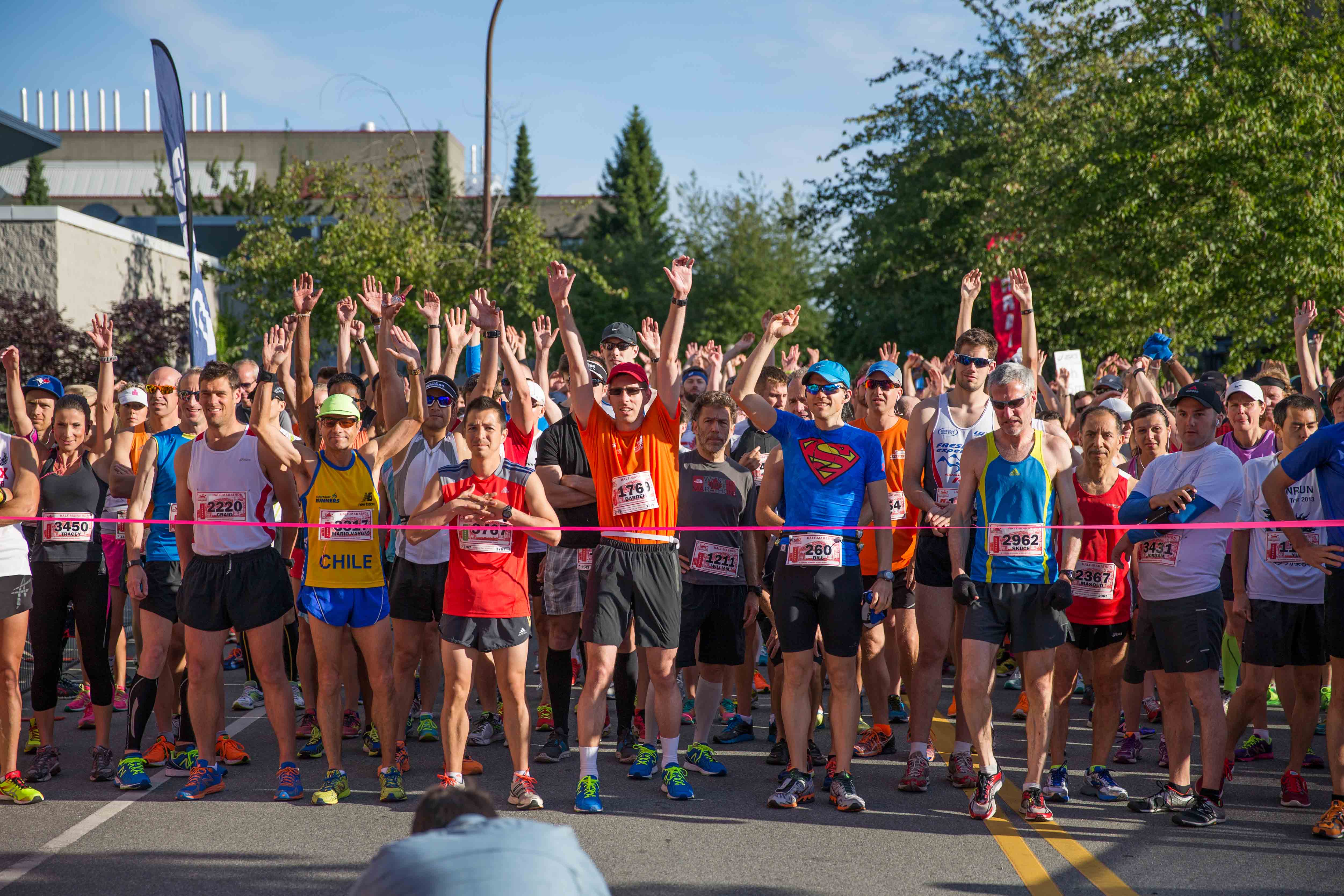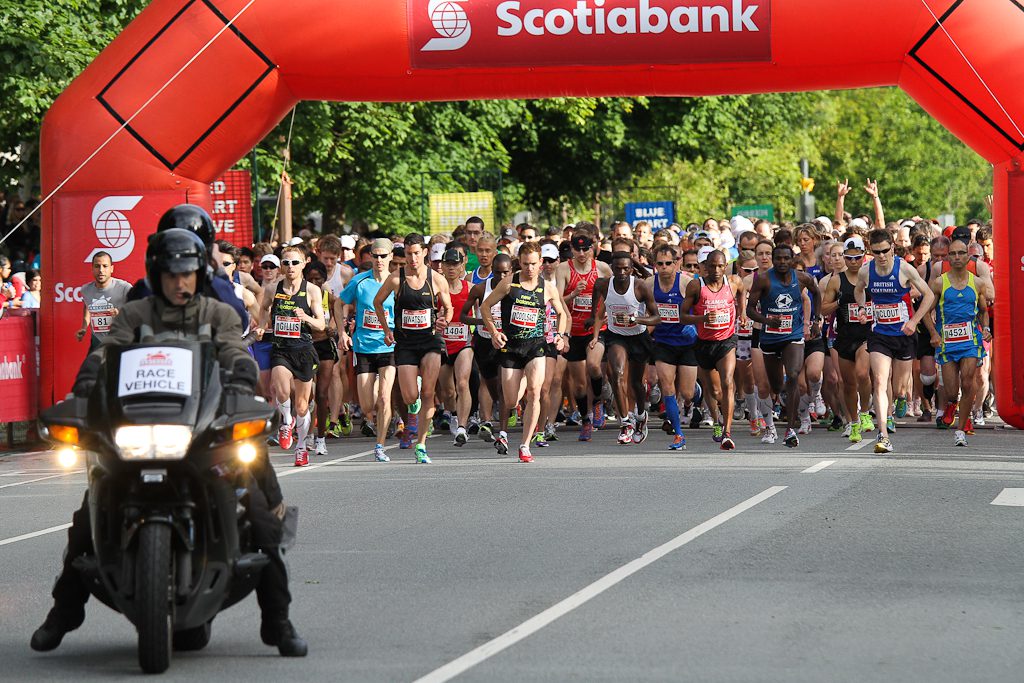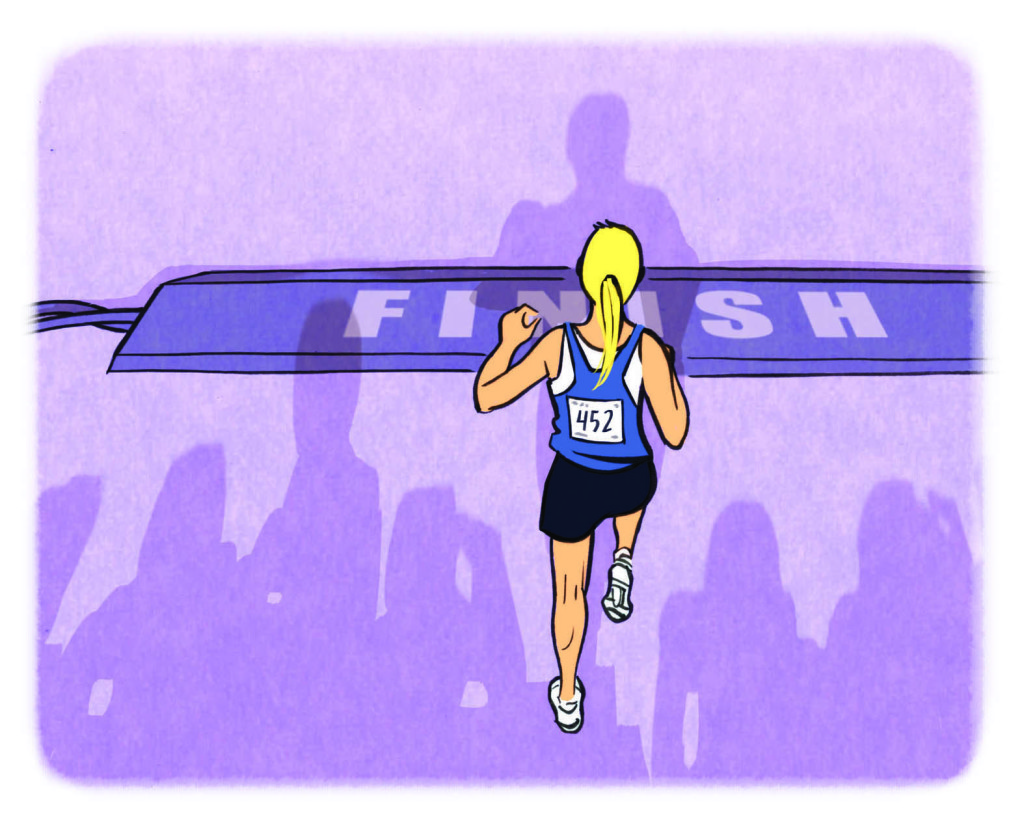Race day recommendations for a successful experience


The most important and accurate piece of advice for race day success is one we’ve all heard before: “Nothing new on race day.” Now is not the time to try a new piece of running clothing, energy gel or a pace you’ve never run before. It’s essential to have a safe and proven routine that you’re used to and that has worked for you in the past.
RELATED: Search, view, rate and review hundreds of running events with RaceGuide
A successful race day is the product of doing all the little things right and controlling what variables you can. These include getting enough sleep in the days and nights before the event and eating the foods you’re used to at times that work for you. Having your race bib pinned to your shirt and all the clothing you plan to wear packed and ready to go.
Here are some race day recommendations to help you have a successful experience:
– Aim for at least two or three good nights of sleep before the event. That way, a bad night’s sleep due to nerves the night before the race will be less of a problem.
– Set an alarm and get up early. The last thing you need is to be stressed out because you might be late or forget something.
– Make sure you have everything ready to go the night/day before the event. This means laying out the shoes and clothes you plan to wear for the race itself, as well as the clothes you plan to wear before and after the event. Also, be sure to pack a small race bag with things that you’ll want or need before and after the race such as water or an electrolyte beverage, a protein bar or snack, hats and mitts, something warm to wear before or after the race.
– Charge your Garmin. If you’re wearing a watch or GPS device, make sure it’s charged and ready to go.
– Remember your shoes. For those who own multiple pairs of shoes (or special race shoes), make sure you bring at least one for your left and right foot (seriously, it’s happened!).
– Eat something. Whether for 5K or a marathon, you should eat something to refuel the energy your body used overnight. Make sure it’s something that contains a bit of carbohydrate as well as protein. Common suggestions are a bagel with peanut butter, a bowl of oatmeal with nuts or raisins, or at least a banana and some Gatorade.
– Give yourself plenty of time to get to the start. Add about 30 minutes more than you think it might take. Be sure to consider the last minute porta-potty stop (there will be lines) and whether you’re dropping off something at bag-check.
– Know where you’re going. Plan in advance what route you plan to take to the event start (whether via road, bike, public transit or walking) as well as where you’ll park and how you’ll get to the starting line.
– Do a short warm-up. Get your muscles ready for the race by light jogging and doing some dynamic stretches.
– Line up appropriately at the start. Unless there are specific corrals for separate runners, try to line up with others that will be running at or around the same pace as you.
– Know the course. Although event organizers do their very best to ensure that a race course is properly marked and marshaled, you should always review a map of the course to familiarize and prepare yourself for what’s to come.
– Have a race plan. In short, you should have some idea as to how fast you plan to run and what pace you’ll need to run to do so. Running each kilometre at roughly the same pace is often the best strategy to produce your fastest time.

– Have an exit strategy. Once you’ve crossed the finish line and collected your medal, know what to do and where to go next. Often an event offers post-race refreshments to help you refuel. If you’re meeting friends or family, plan in advance a place to meet-up.
– Rest and recover. After any hard effort, your body needs to recover from the stress of running a race. Be sure to re-hydrate and fuel or eat something after the event. If you’re sore or in pain, consider a massage or visit to a physical therapist. If you’re feeling ill, seek an EMS or recovery service.
Finally and most important: Enjoy your accomplishment. Congratulations, you are one of few Canadians who run and race for your health, fitness and personal accomplishment. Celebrate your experience and start planning the next one.


